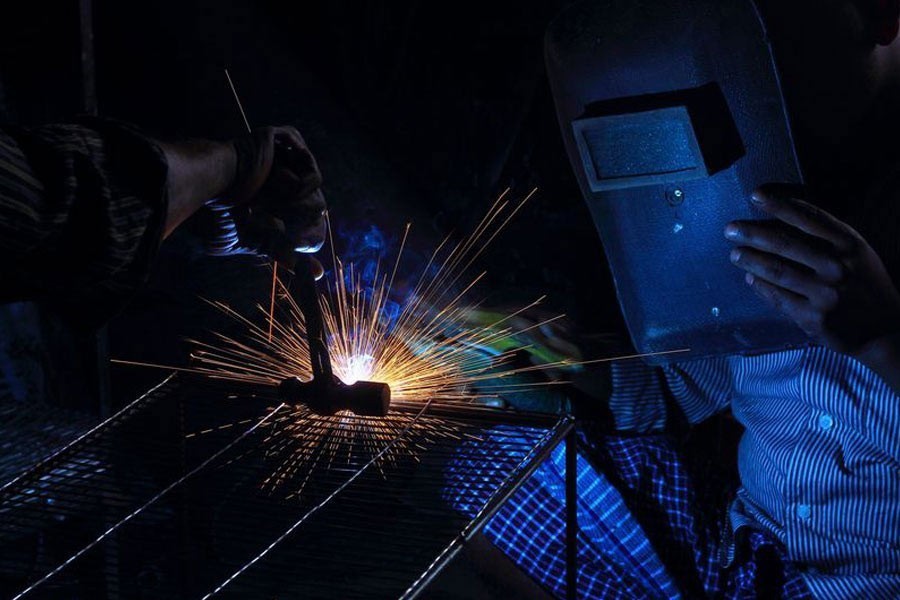Lately, it appears that the country's light engineering industry is going to get some encouragement from the government in terms of framing policies as well as taking moves to better utilise the potential of the sector. The decision taken last week to establish 10 dedicated light engineering industrial parks in the country is very much in keeping with the need to organise the sector in a coherent and coordinated manner. A FE report says the parks will be set up on around 2,000 acres of land in Dhaka, Narayanganj, Jashore, Bogura, Narsingdi, Munshiganj, Mymensingh and Madaripur. The move is reportedly a follow up of an inter-ministerial decision under the auspices of the industries ministry last year to build dedicated light engineering industrial parks in five districts--Dhaka, Narayanganj, Jashore, Bogura and Narsingdi. Later, three more sites have been added. The Bangladesh Small and Cottage Industries Corporation (BSCIC) is the designated agency to work on the required logistic and infrastructure to make the parks functional.
The need for dedicated parks for light engineering has been voiced from experts for sometime in order to substantially improve working environment and upgrade manufacturing processes towards quality assurance through required technological support. Mostly informal with unregulated scope and pattern of work, light engineering is still recognised a prospective driver of economic activities that not only helps millions of small businesses to thrive but equally importantly, serves as a backyard for manufacturing scores of engineering products. As a feeder sub-sector, light engineering produces machines, equipment, tools of heterogonous varieties for domestic usage in mills, factories and engineering workshops. Besides providing cost-cutting benefits to the consumers, its all important role is in saving foreign exchange that otherwise the country would have to spend on imports.
It is estimated that the sector currently accounts for around 50 per cent substitutes of imported items in the country. This is reflected in the support it provides to industrial, agricultural and construction sectors by manufacturing a wide range of spare parts, castings, moulds and dices, oil and gas pipeline fittings and light machinery, as well as repairing those. Equally significant is its role in job creation. Rough estimates suggest as many as 600,000 skilled and semi-skilled workers are employed by around 50,000 micro enterprises and 10,000 small and medium enterprises (SMES) under this sub-sector. The sector based on local technology is reportedly manufacturing products worth Tk 250 billion. The Business Promotion Council, operating under the commerce ministry, estimates that local light engineering industries produce 3,815 types of machinery, spares and accessories. But given the mostly indigenous and manual methods of production, the industry as a whole suffers from lack of modern technology that can bring about a sea change in its productivity.
It is against this backdrop that setting up of dedicated industrial parks is crucially important to help the sector flourish to its potential. No doubt, there will be a need to incentivise the sector with soft credit facilities for importing modern capital machinery as well as fiscal measures that as a thrust sector it deserves.


